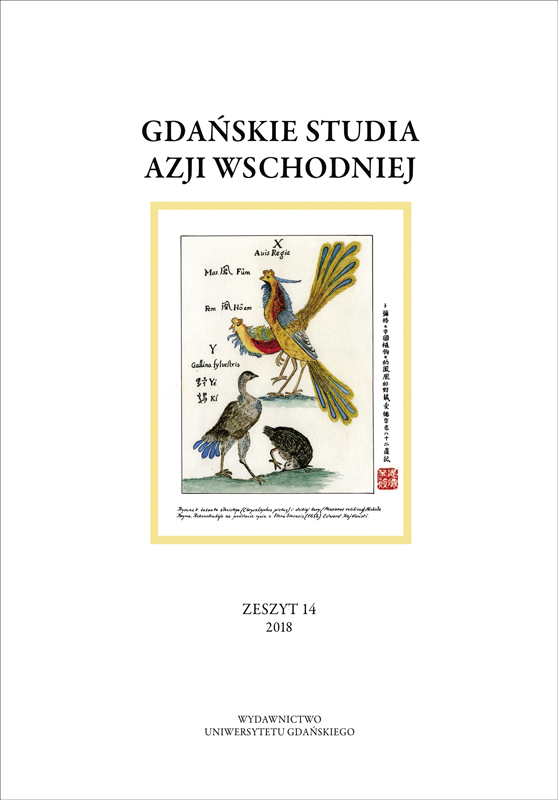Bioetyka konfucjańska jako odpowiedź na wyzwania współczesnej biomedycyny
Abstrakt
The dynamic development of biology, medicine and technology is one of the main reasons behind ethical reflection on interference in the natural processes of life, which has led to the emergence of a new interdisciplinary field – bioethics. This approach combines scientific knowledge and ethical values, and indicates the need to reconcile the achievements of science and humanistic values, as determinants for mutual relations between science and ethics. The originality of Chinese culture inspires us to appreciate Confucian philosophy, which is a cultural repository of knowledge about human life, personal relations and connections between human beings and nature. In this text, I describe some basic problems of bioethics, e.g. euthanasia, suicide, abortion, and the death penalty, from the perspective of Confucian and Western bioethics. Confucius’s ethical thought is based on five regulations: humaneness (ren), righteousness (yi), ritual (li), wisdom (zhi), and faithfulness (xin), which determine the boundaries of human activity. These ideas underlie the cultural richness of modern Chinese bioethics and they can successfully inspire European bioethics; therefore they promote mutual understanding between East and West.

 Uniwersyteckie Czasopisma Naukowe
Uniwersyteckie Czasopisma Naukowe





